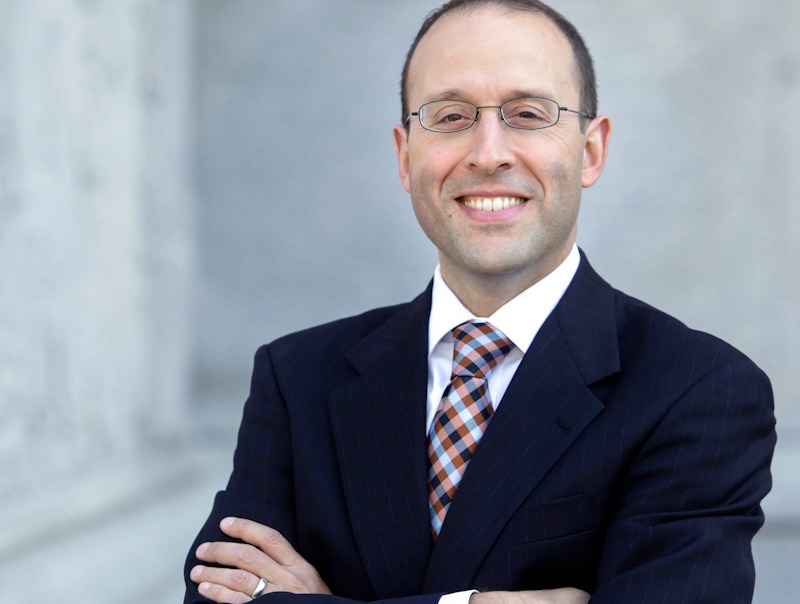Jim Papa 15 Feb 2015 // 10:02PM GMT

The past year saw a noticeable uptick in US companies taking positions on matters of public policy. When President Obama announced his executive order on immigration, for example, Delta Airlines released a statement applauding the move. Why did “The World’s Most Trust Airline” do so, and what should other companies consider when wading into public policy?
Delta is part of a larger trend of companies speaking out on political and social issues, and according to research conducted by my firm, Americans are largely pleased with the trend. It’s a trend that has significant implications for how corporations and their CEOs navigate an evolving political climate.
Perhaps it’s no surprise that Americans are looking to the private sector to create social and political change. Confidence in government is rock bottom, and participationin the most recent elections was its lowest in 70 years. According to our research, 56 percent of Americans think it is appropriate for companies to speak out on political matters even if it is controversial.
To be sure, in the real world, when it comes to evaluating the appropriateness of a corporate stance on a particular issue, the public considers it from a variety of angles. Especially important for the C-Suite is knowing that customers and potential customers weigh a company’s policy or political view against the relevance of that position to the nature of the company’s business, its pertinence to the company’s employees and customers, and whether the company takes action on the issue.
GSG’s study found that corporations can enhance their standing when their stand on an issues is reinforced by one or more of the following:
- The policy or position is tied to the nature of the company’s business. For example, Hotels.com’s Vacation Equality Project, a campaign to build awareness for the need for a guaranteed minimum amount of vacation time for American workers, is deemed appropriate by 75% of the public. This campaign is clearly connected to its industry – vacation and travel.
- The policy or position reflects the values and desires of their customers. For example, after gun rights advocates posed with assault rifles at one of its Texas chains, Chipotle issued a statement asking customers to refrain from bringing firearms into its restaurants. The company explained that firearms in the restaurants have created, “an environment that is potentially intimidating or uncomfortable for many of our customers.” Because Chipotle framed its position around the importance of safety for its employees and customers, the company was able to speak out on an issue credibly and impactfully.
- The policy or position benefits their employees. Amidst a national debate about the federal minimum wage, several companies have taken stances supporting a raise. For example, apparel retailer Gap showed consumers and investors it's doing more than selling clothes by announcing a raise in the minimum hourly pay for American workers to $9 in 2014 and $10 in 2015. Their investment in higher wages is displayed proudly on its CSR webpage. In addition, the Walt Disney Company showed its support of the federal minimum wage rate by presenting a plan to the Services Trade Council – a group of labor organizations representing Disney World employees – proposing a 25 percent increase in starting pay at its Florida theme parks, moving from $8.03 to $10.00 an hour by 2016.
- Tie their support for the policy to a concrete action. For example, in September, Costco announced that it will not sell skipjack tuna product caught with Fish Aggregating Devices that kill other marine wildlife. This statement of support for sustainable fishing practices, combined with the concrete action of removing non-compliant products from their shelves, increased Costco’s favorability among people familiar with the change from 54 percent to 70 percent.
Ultimately, if a company has something good to say, it should say it, while bearing in mind that companies should tread nevertheless carefully on controversial issues. If managed well, a company’s reputation may benefit from taking a position on a political or social issue—now more than ever before.
Jim Papa is senior vice president and managing director, Global Strategy Group


































.jpg)


















